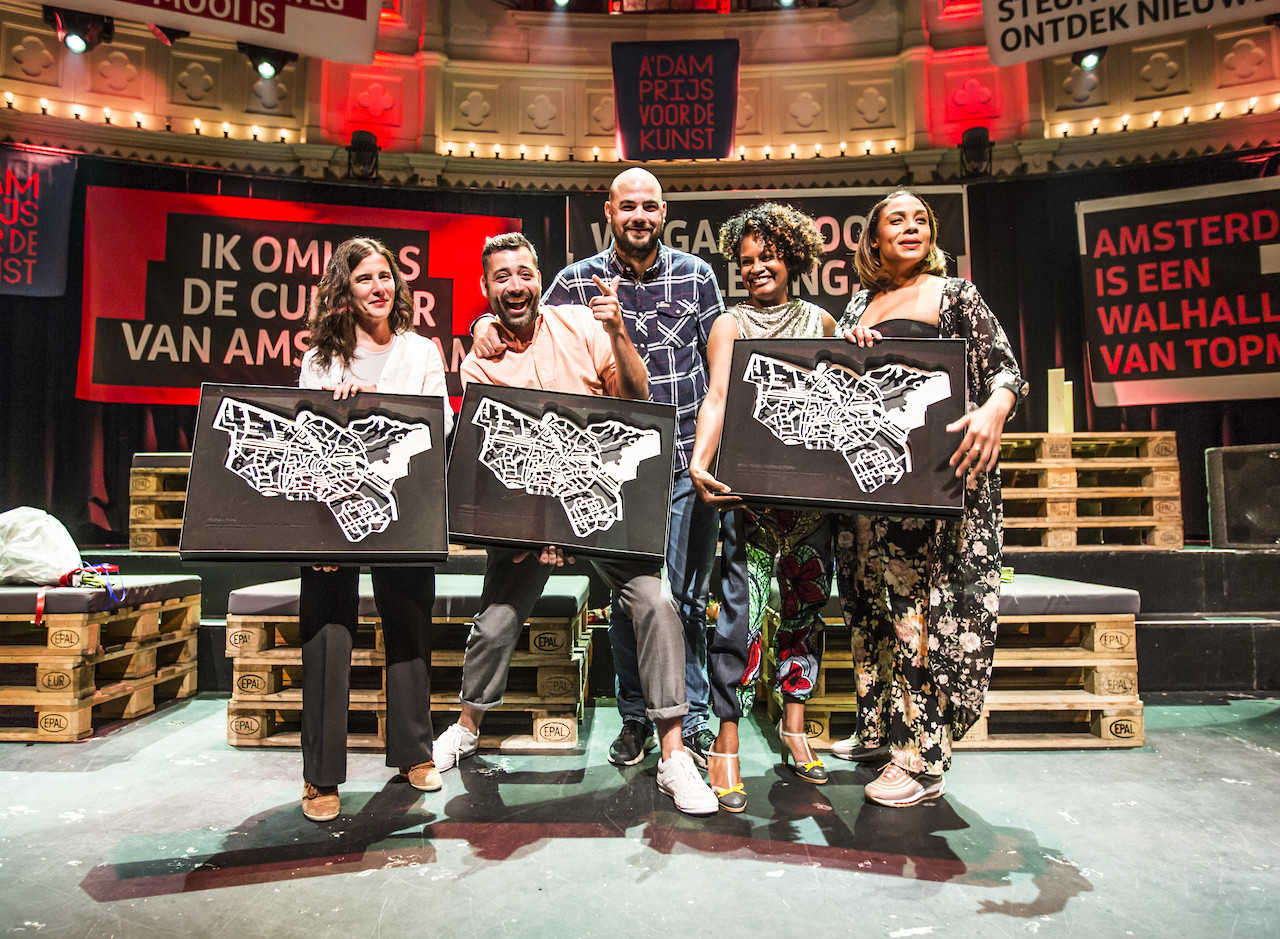PLANETARY CAMPUS: THE FACTORY WORKSHOP ~ The actions and values of artistic practice
A workshop in preparation of ROAMING ASSEMBLY #19 SEX, POETRY AND NOTHING: ABOLITION SALON
Tuesday September 26 ~ meet & greet in Arnhem
Saturday October 21 ~ in Cologne
Saturday November 25 ~ in Amsterdam
Saturday December 16 ~ in Oldebroek
Saturday February 17 ~ in Epen
This workshop on artistic practice and labour will be led by artist and performer Mercedes Azpilicueta and director of Platform BK Joram Kraaijeveld. Mercedes will reflect on and identify the actions we experience and understand as part of our own artistic practice. Joram will discuss to what extent the artistic practice in the 21st century can claim a certain autonomy or unique value within the wider field of cultural production. The workshop will consist of four sessions – Tuesday 26 September; Saturday 21 October; Saturday 25 November; Saturday 16 December and Saturday 17 February – and will be a preparation for a group contribution at the symposium that will take place at Schunck in Heerlen on Sunday February 18 during the Roaming Assembly#19.
The actions of artistic practice
The actions that we experience and understand as part of our own artistic practice could be simple gestures, routine actions, or actions that come from roles that we occupy, or we have occupied, “boring” tasks, efforts we enjoy, moves we don’t like, idle steps, empty days, forms of living (or forms of survival?), all that we consider and find useful and productive as artists. By collecting this set of actions, we would like to reflect on how we use these in our daily practices. Are these actions always the same? Are they related or useful to the way we live? Do they tell us something about our ethical, political and economic positions? What is important for us, individually and collectively? What is at stake when we get to work?
Once we have compiled this set of actions we will set a playground to develop a series of tasks in order to alter, translate, add, extract, remediate and question those actions. Those tasks could suggest working with the voice, listening to sounds, adding movements to those sounds, silly singing, using contemporary literary fiction, extracting job activities from managerial and organizational structures, exploring alternative currencies or developing new crafts, just to mention a few. These tasks will also be individually assigned according to each one ́s interests. Altogether we will alter our own practices genereting material from specific individual practices into multiple and diverse expanded forms of working (and living?) that will inform how we move forward as art practitioners and why we do so.
Through these processes of reflecting on and experimenting with our different actions, could we understand the artistic practice as a form or stream of movements that are also thoughts? Are those movements, that seem to accelerate but also decelerate in the flow of our daily practices, capable of shifting our rhythms and inventing new and unexpected perspectives? This compilation of actions and their subsequent tasks and re-interpretation will help us to collectively determine a rationale that would provide a guiding structure for our questions: what does an artistic practice mean today and does it have a unique value within the wider field of cultural production? If there is such a thing as a unique value, does demonstrating this value require inviting others to participate in it and therefore, continue the conversation?
The values of artistic practice
In 2017, the Amsterdam prize for the arts was next to a visual artist given to a hip-hop festival organizer and a theatre production company.1 This is just one example in which the artistic practice is merged with other cultural practices under the label of arts. The other way around is even more common. For instance, the European Commission is supporting the cultural and creative industries as a whole in line with its strategy for growth and jobs, in which artists somewhere have a (meagre) role to play.2
In other words, the artistic practice becomes integrated within the larger capitalist economy and it is more difficult to differentiate from other forms of labour. There seems to be a loss of boundaries between the different disciplines and all forms of art are integrated within mass culture. Not only the artistic practice is flexible, hybrid, international, self-organized, socially engaged, creative and critical, but a whole range of other ‘creative’ practices are as well. The artistic practice seems to be only one form of immaterial labour within a so-called creative class that stimulates a hip, creative, engaged, urban and bohemian way of life. Moreover, all of these practices suffer from the same neoliberal condition. Can the artistic practice be differentiated from other forms of labour, and would it still be important? What remains of the autonomy of the artistic practice? Is it necessary for artists to claim or define a certain particularity? Could there be something specific, and specifically valuable, about the work of the artist in the 21st century?

